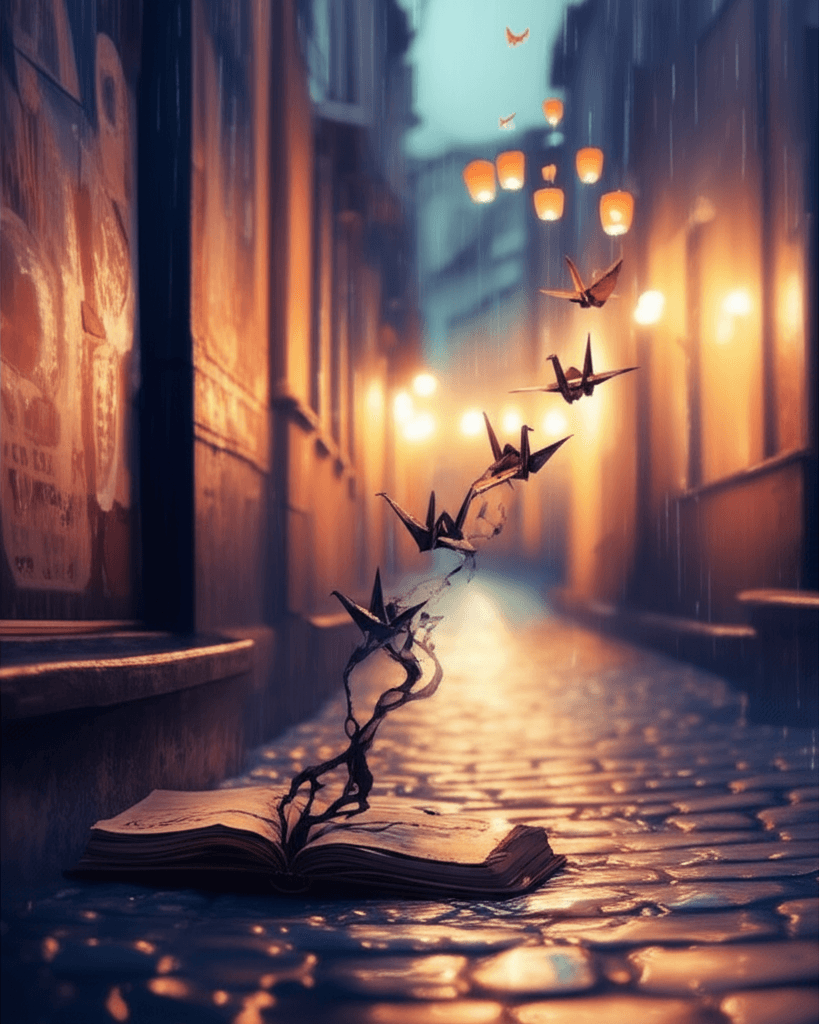Turning the Familiar Strange, Finding Fresh Insight

Rewrite the familiar into something that surprises you — Lu Xun
—What lingers after this line?
One-minute reflection
What does this quote ask you to notice today?
The Creative Shock of the Ordinary
At the outset, Lu Xun’s invitation is less a slogan than a method: take what everyone thinks they know and tilt it until it pricks the skin. Russian Formalist Viktor Shklovsky called this defamiliarization, arguing in 'Art as Technique' (1917) that art makes stones stony again by disrupting habit. The point is not novelty for its own sake but renewed perception; surprise becomes a tool to break the glaze of routine.
Lu Xun’s Method in Practice
Consider how Lu Xun recast tradition to jolt a nation awake. In 'A Madman’s Diary' (1918), the protagonist reads the classics as marginalia of cannibalism, turning revered texts into an X-ray of feudal cruelty. Likewise, 'The True Story of Ah Q' (1921) transforms a familiar village braggart into a national mirror, his self-consoling delusions exposing collective evasions.
How Surprise Reboots Attention
Psychology helps explain why the strange feels awakening. Habituation dulls response to repeated stimuli; surprise interrupts that drift and reallocates attention. Inattentional blindness experiments like Simons and Chabris’s 'invisible gorilla' study (1999) show how expectation edits reality, while the brain’s P300 signal spikes at novel events, flagging them for processing.
Practical Tactics for Defamiliarization
Start with constraints: rewrite a scene without its most common word, echoing Oulipo experiments like Perec’s lipogram 'La Disparition' (1969). Or switch lenses—describe a city at noon as if it were midnight, alter point of view to a nonhuman observer, or translate a photo into a recipe. Each move dislodges habit.
Surprise With a Moral Center
Surprise can be corrosive or clarifying; the difference is an ethical spine. Lu Xun’s shocks were calibrated to reveal structures of harm. The May Fourth context matters: his defamiliarizations aimed at social self-recognition, not spectacle. 'Medicine' turns a folk cure into a lament for lives consumed by superstition and power.
A Daily Discipline of Rewriting
Make the practice small and habitual. On your commute, list five things you have never noticed and write why your past attention skipped them. Recast an email as a haiku, then restore its prose while keeping the distilled intent. Ask at every task: what is assumed, who is missing, and what would a novice misread?